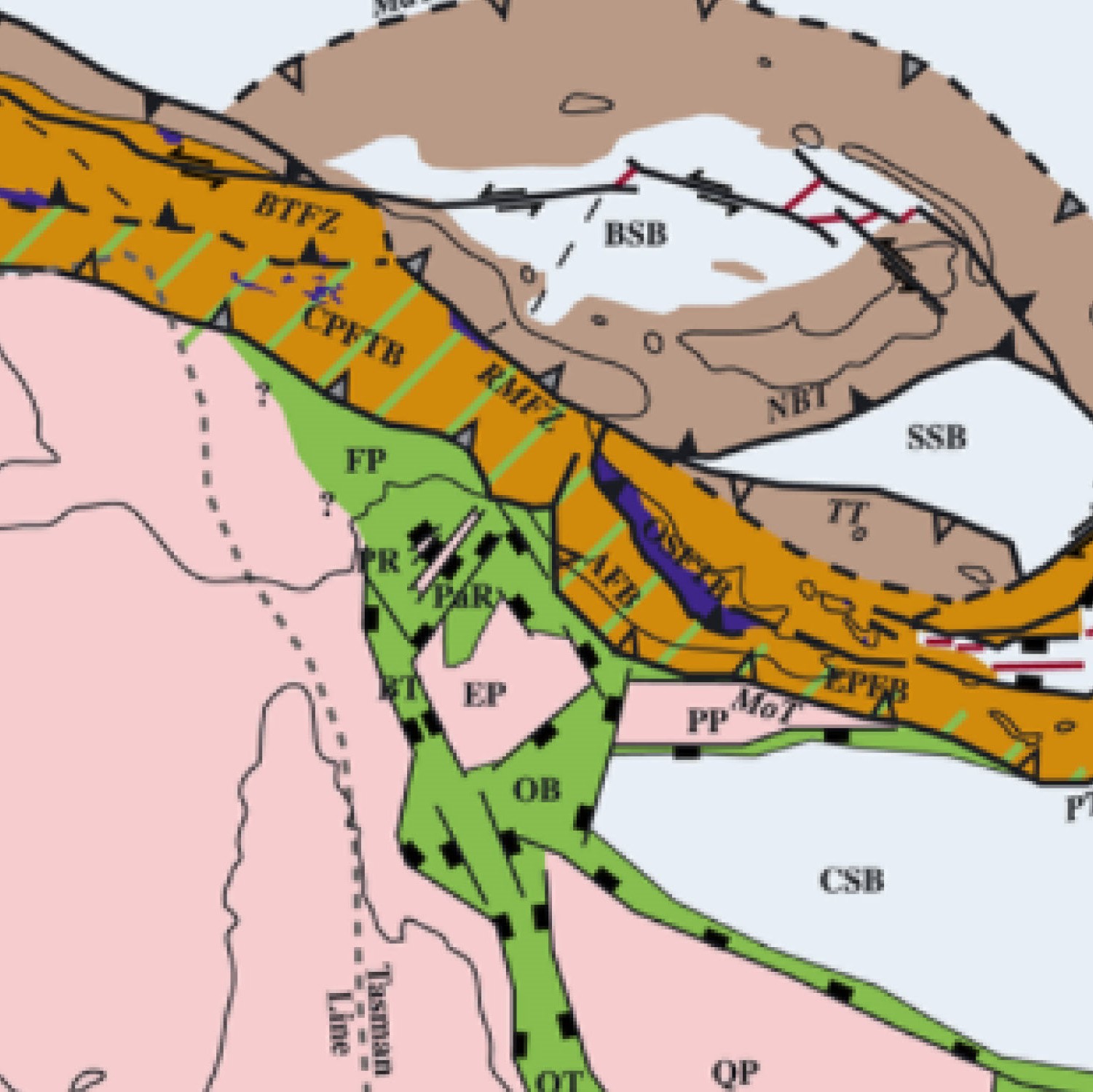
One of the major goals for modern societies is to secure access to enough resources that can be used to produce a sufficient amount of food to feed the growing and increasingly demanding human population while eradicating undernourishment and limiting the impact on the environment. Two of the main challenges in doing so are as follows: (1) In many countries the population has grown so much that the land and water resources locally available are not sufficient to produce all the food they need. Therefore, these countries depend on trade. (2) The environmental response to increasing human pressure may be nonlinear. Ecosystems may be susceptible to abrupt and highly irreversible changes to unwanted alternative states. It is still unclear how the resilience of global food systems is affected by the globalization of food through trade and the presence of alternative stable environmental states. Research in these areas is crucially important to the future of the global society. David Seekell’s scholarly work has contributed to major advances in both directions.
His research on early warning signs of state change in lakes has moved ecological theories forward while providing new tools for ecosystem management. David focused on transitions between alternative stable states in bistable ecosystem dynamics and developed methods that can be used to recognize incipient conditions of regime shift. His work has developed some “leading indicators” based on the use of conditional variance as a precursor of transitions between eutrophic and oligotrophic conditions. Through theory, numerical simulations, observations, and experimental manipulations, his work has advanced our current understanding of regime shift in ecosystems and identified early warning signs that “work” even when the other leading indicators either fail or are ineffective.
David Seekell is addressing research questions relevant to social-environmental systems with a focus on food security, inequality, and globalization. His work is connecting the dots between water use and inequality theories. His research on the global inequality of water use has investigated the major biophysical factors contributing to inequality in access to water and clarified the extent to which it is affected by trade. His recent work has also highlighted how the resilience of the global food system strongly depends on the presence of redundancies (e.g., yield gaps, uncultivated land, and grain reserves), the structure of the trade network, and the degree of trade dependency. Collectively, these areas of activities connect fundamental research questions with issues of immediate societal relevance.
—Paolo D’Odorico, University of Virginia, Charlottesville

Lakes contribute 9%–19% of global methane (CH4) emissions to the atmosphere. Dissolved molecular oxygen (DO) in lakes can inhibit the product...



